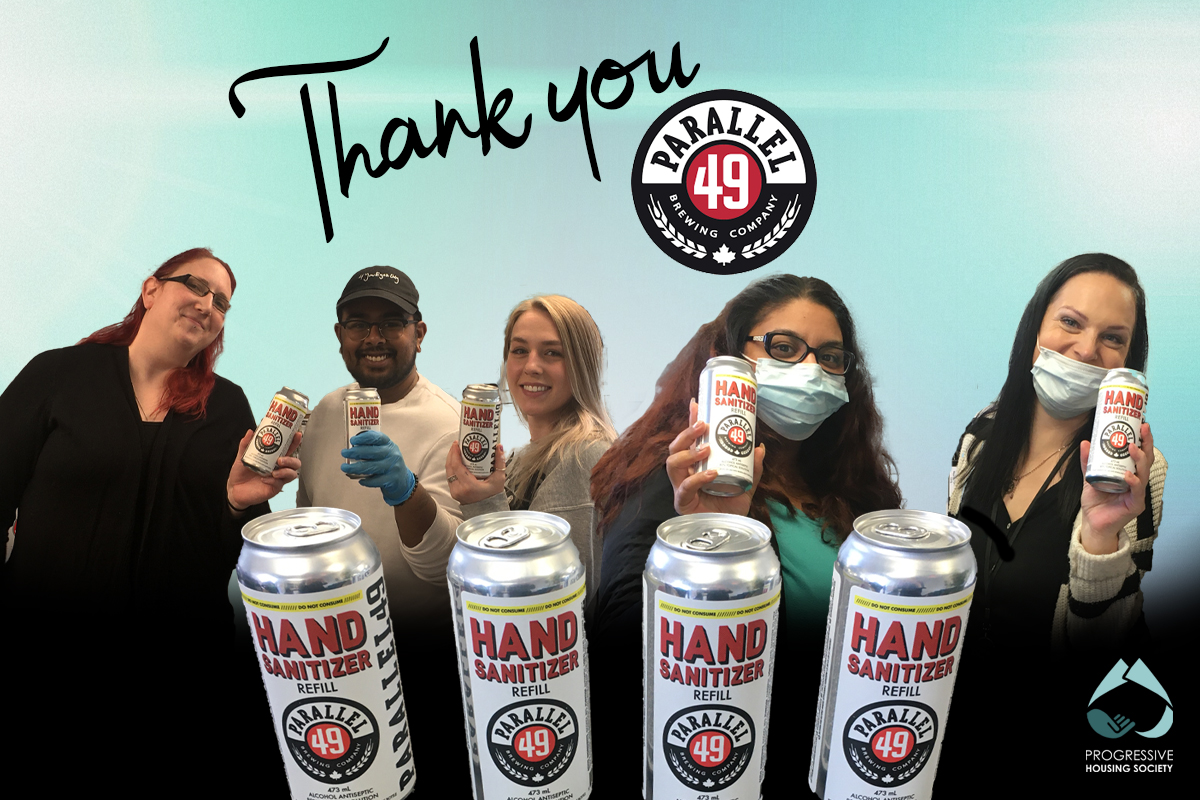Categories
We’re all tired, I think. Social services weren’t designed for pandemics. We don’t have stores of PPEs for our teams, or reserves of health care professionals and frontline staff to draw from. We don’t have extra housing kicking around for people who are infected or at risk of infection. We don’t have innovation teams or project management/logistics teams to help us pivot from in-person supports, in structured service and labour models, to whatever “this” is becoming.
But here we are.
Some critical observations and opportunities
So far, institutional funding has been mostly about getting resources to the formal system. We need that help—don’t get me wrong. We’re on the front lines because that’s the way we chose to set up the social contract, and we’re completely tapped out. I think we’re doing a helluva job given the cards we were dealt. That part makes me proud.
But this is a society-defining moment and we’re letting it slip away. Our little life-worlds and routines have been suddenly shattered. We awoke one day to find ourselves in intimate solidarity with citizens around the world, united by our shared vulnerabilities—health, death, employment, mortgages, loneliness, fear, food. Even toilet paper.
All of a sudden, neighbours are putting up their hands in social media posts, offering to do grocery shops for people who can’t. Beer companies like Parallel 49 are bottling hand sanitizers and Downtown Kia are delivering it to non-profits working the front lines. Companies like Novo Textiles have retooled to make N95 and surgical masks instead of pillows, cushions and pet beds. People are filling balconies and lining streets every day to honour our health care workers, sing songs together, and to offer gestures of unity and hope.
It’s magical.
Can we make it a little more ordinary?

Now is a critically opportune time to “exploit” this sudden availability to others, this goodwill. Why aren’t we madly scrambling to help connect neighbours? To spark and grow more of the sort of social infrastructure urgently needed to keep people and communities safe and resilient? There is so much available capacity in our communities right now—why aren’t we doing more to organize and mobilize it? We won’t find a riper moment.
With few exceptions, funding gets poured into our formal safety nets and response systems. We don’t look further afield to where the real capacity exists. Apparently, neighbourhood connectivity and cooperation is still non-essential stuff, even when it’s needed most. That says something, you know. It’s telling.
(Note: Vancouver Foundation and McConnell Foundation are examples of Canadian foundations that are not only providing immediate relief, but who are also keeping their heads up to see where opportunities exist for deeper and longer term outcomes).
Real-time Learning
Our sector needs to learn from this pandemic now, in real time. It’s a historical event, one that we know will come around again (and let’s not forget climate crisis). Learning is essential. Unfortunately, yet understandably, everything is being exhausted in basic pandemic response. The data pouring in from our established channels is packaged for system analysis, emergency response and contingency planning. But what is going on for those who are marginalized, vulnerable and/or alone? What are the everyday impacts of this pandemic on them? Their families? Our front-line staff? Leadership? What are people experiencing? How are current structures choking or enabling action? How are decisions getting made, who is making them, and how are they panning out? What life hacks/system hacks are emerging? How are people’s assumptions, values and emotions giving shape to the pandemic?
It’s all so fluid and emergent—there’s no way we’re going to reconstruct this stuff after its all over. Without learning as we go, without getting more sensors out there to transmit stories and their signification, it’s unlikely that we will respond as well as we could, learn what we need to learn for future pandemic planning, or think strategically about the post-pandemic world.
Voices Needed
We will need voices, lots of voices, to insist upon a post-pandemic conversation about what sort of society we want to live in moving forward. One of my biggest fears is that when the dust settles, we return to business as ultra-usual. That in a time of crisis we will consolidate the very systems we have been interrogating and that were once open to change (albeit warily); that post-pandemic governments will become even more intransigent than usual, less humble, and less available; that bureaucracy will entangle governments, ministries and social services in expanded policies, protocols, roles, scope and accountabilities; that services will more-or-less return to normal, with likely decimated budgets, and with no capacity to look up or forward. And of course, that the invisible, the disenfranchised and the vulnerable will suffer more, lose more, and be left with even fewer options.
How could it be otherwise?
We are in a rare moment of widespread social inflection. Beneath the suffering, the heroism, and the generosity, a question is labouring to surface: can we do better as a society? Not just for when the next pandemic rolls around, or in responding to the climate emergency, but in the everyday. Can we hew a greater cornerstone to being together than careworn social contracts and ideologies, and global economies? Might social inclusion and cooperation, environmental stewardship, virtue, civic responsibility and resilience become the essentials of a liveable world, and not just nice-to-haves, so long as the markets are doing well?

